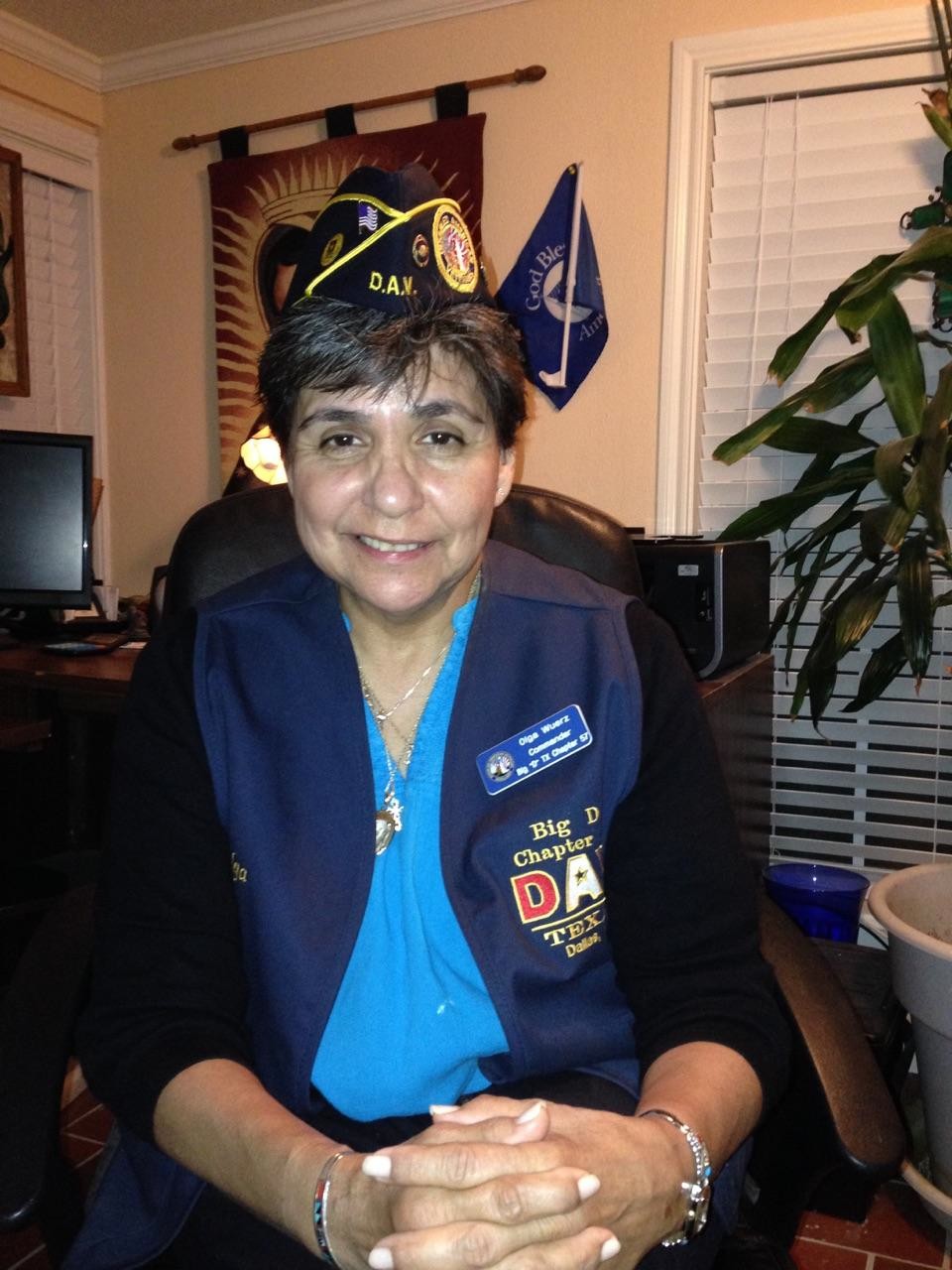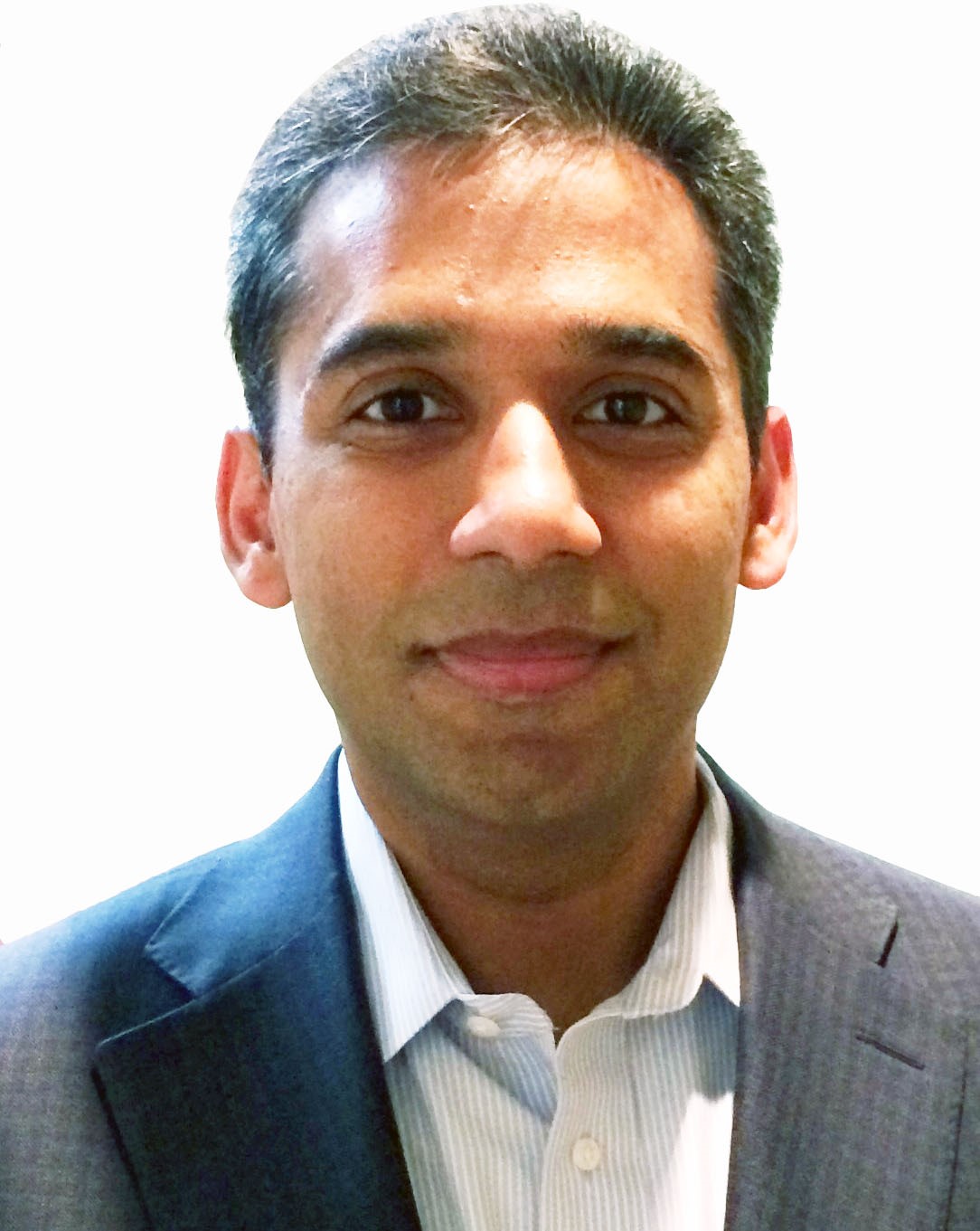
Care For Your Mind wraps up the series on peer support services this week with a post from Olga Wuerz, a certified peer specialist, WOC (Without Compensation) who shares first-hand the value of including peer support services as an integral part of the mental health care delivery team at VA hospitals and centers.
Why I’ve Chosen the Rewarding Profession of Certified Peer Specialist
Olga Wuerz, Certified Peer Specialist, WOC and President of the Dallas VA Mental Health Veterans Advocacy Council
I started working on the Acute In-Patient unit at the Dallas VA Hospital about 8 years ago. Back then no-one knew what peer specialists were. Knowing that, the first time I decided to go and visit the Veterans on the unit I brought a cake. I rang the bell and a nurse came to the door and asked what I wanted. I told her who I was and she looked at me with a puzzled look until I told her that I had also brought a cake for the staff. She then grabbed my hand and said, “Honey, come on in here!” From then on I began to come and spend time with my fellow Veterans.
I now facilitate groups and talk to Veterans one-on -one. I let them know that I myself had been a patient and that I was in and out like a revolving door for ten years. I self-medicated with alcohol through my struggle with bipolar disorder and all the psychotic episodes that go along with that.
The value of sharing stories
I always start my groups with my recovery story. Right away it breaks the ice and the Veterans realize I am different from the other staff. I understand. I have sat in those chairs. I have even crawled on the floors at one time. These are the details I let them know about me.
I bring them information I feel will help them find their way to recovery. I think it’s important for them to understand what this means. One of the most important things I feel they need to understand is the “Definition and Process of Recovery”. I use my lived experience while explaining that it actually is a process that could take time. You could have setbacks but you can always learn from these. And just as important, you can’t expect to do the same thing over and over and expect a different outcome, especially if it keeps bringing you back to the hospital.
Role modeling recovery
When I think about the value peer specialists bring to these settings, one of the first things that comes to mind is that we are concrete role models that other Veterans can see doing well. One day while on the unit, a nurse introduced me to a new woman Veteran. The first thing she said was, “You mean I can actually get better?”
I have been told from other staff including doctors that I am an asset on the unit. There are times that the staff will come look for me to talk to a specific Veteran because they are having no luck. I also believe that because we are Veterans and have a lived experience, Veterans will tell us things that they don’t feel comfortable talking about with the other staff. But because they trust us, they will normally give us permission to speak on their behalf to the necessary staff. We also attend treatment team meetings, which in many ways provides a means for the Veteran to have a voice in those meetings. And because the peer specialist sees both sides of an issue, we can offer input that either the Veteran or the treatment team may not have taken into consideration.
Until I became a peer specialist my life had no real meaning and now I have a reason to get up each day. I have found my purpose. I feel that God has taken all those years of struggle and turned my disability into gift that I now give to my fellow Veterans. It is not only valuable to those you serve, it is most valuable to yourself!
Questions
- How can the VA improve the utilization of peer support services at its medical facilities?
- What are you willing to do to ensure all Veterans have access to peer support services?
Bio
Olga Wuerz is a certified peer support specialist, WOC at the Dallas Veterans Medical Center, a US Army Veteran, current president of the Dallas VAMC Mental Health Veterans Advocacy Council, and the Commander of her Disabled American Veterans Chapter. Ms. Wuerz received the Honoree of the Year award from the Greater Dallas Veterans Council in 2014 for never forgetting the bridge that safely restored her mental stability by giving back as a peer support specialist on the same unit where she was once a patient. Ms. Wuerz received her peer specialist training from DBSA and has been a training consultant since 2013. Olga Wuerz resides in her home with her best friend Claudia and her pets, dog (Juli), cat (sox), and three birds (Pete, Jacob and Willie).









Connect With Us